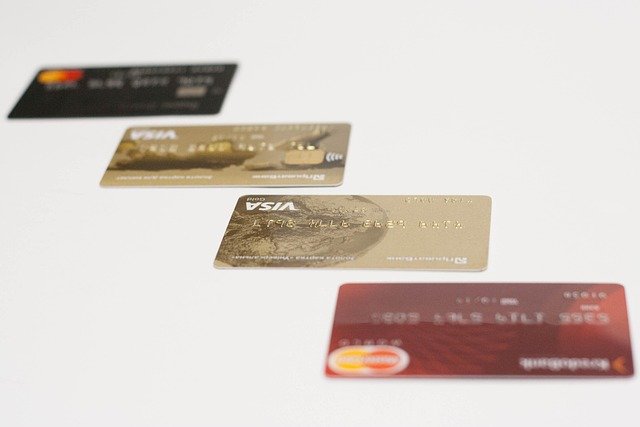Can I apply for a quick loan if I am over 50?
Age should not be a barrier when it comes to accessing financial resources. Many individuals over 50 find themselves in need of quick loans for various reasons. This article explores the options available for seniors seeking fast loan solutions, addressing common concerns and providing valuable insights.

Are there age restrictions for quick loans?
Generally, there are no specific age restrictions for quick loans. Most lenders focus on factors such as creditworthiness, income, and ability to repay rather than age. However, some loan products may have upper age limits, typically around 65-70 years old. It’s essential to check with individual lenders for their specific requirements.
What types of quick loans are available for seniors?
Seniors have access to various quick loan options, including:
- Personal loans: Unsecured loans based on credit history and income.
- Home equity loans or lines of credit: For homeowners with sufficient equity.
- Pension loans: Borrowing against future pension payments.
- Credit union loans: Often offer more favorable terms for members.
- Online lenders: Provide fast application processes and quick funding.
Each option has its pros and cons, so it’s crucial to carefully consider which best suits your needs and financial situation.
How can seniors with limited income qualify for quick loans?
Qualifying for a quick loan with limited income can be challenging, but it’s not impossible. Here are some strategies that may help:
- Demonstrate additional income sources: Social Security, pensions, investments, or part-time work.
- Offer collateral: Secured loans may be easier to obtain with limited income.
- Find a co-signer: A family member with good credit can improve your chances.
- Consider alternative lenders: Some specialize in loans for seniors or those with fixed incomes.
- Improve your credit score: A higher score can increase your chances of approval.
Remember that lenders will assess your ability to repay the loan, so be realistic about your financial capacity.
What documents do seniors need to apply for a quick loan?
When applying for a quick loan, seniors typically need to provide:
- Proof of identity: Driver’s license, passport, or state-issued ID.
- Proof of address: Recent utility bill or bank statement.
- Income verification: Social Security statements, pension documents, or tax returns.
- Bank statements: Usually for the past 3-6 months.
- Credit report: Lenders will often pull this themselves.
- Employment information: If still working, recent pay stubs or employer contact details.
Having these documents ready can speed up the application process and increase your chances of approval.
Are there special considerations for retirees seeking quick loans?
Retirees often face unique challenges when seeking quick loans. Here are some important considerations:
- Fixed income: Lenders may view fixed incomes as more stable, potentially improving approval odds.
- Retirement accounts: Some lenders may consider 401(k) or IRA balances as assets.
- Debt-to-income ratio: This is crucial for retirees on fixed incomes.
- Purpose of the loan: Some lenders offer specific products for common retiree needs, like home improvements or medical expenses.
- Term length: Shorter terms may be preferable to avoid long-term financial commitments.
It’s also worth exploring government programs or non-profit organizations that offer financial assistance to seniors in certain situations.
Where can seniors find reputable lenders for quick loans?
Finding reputable lenders is crucial to avoid predatory practices. Here are some options for seniors seeking quick loans:
- Traditional banks: Often have established reputations and may offer preferential rates to existing customers.
- Credit unions: Known for member-friendly policies and competitive rates.
- Online lenders: Provide convenience and quick processing but require careful vetting.
- Government-backed loans: Programs like FHA loans for homeowners.
- Peer-to-peer lending platforms: Connect borrowers with individual lenders.
Here’s a comparison of some popular quick loan options for seniors:
| Lender Type | Typical APR Range | Loan Amounts | Processing Time |
|---|---|---|---|
| Traditional Banks | 6% - 25% | $1,000 - $50,000 | 1-7 business days |
| Credit Unions | 5% - 18% | $500 - $30,000 | 1-3 business days |
| Online Lenders | 5.99% - 35.99% | $1,000 - $100,000 | Same day - 3 business days |
| Peer-to-Peer Platforms | 5.99% - 35.99% | $1,000 - $40,000 | 3-7 business days |
Prices, rates, or cost estimates mentioned in this article are based on the latest available information but may change over time. Independent research is advised before making financial decisions.
In conclusion, seniors over 50 have various options for quick loans, despite potential challenges. By understanding the available loan types, preparing necessary documentation, and considering their unique financial situations, older individuals can successfully navigate the quick loan landscape. Always compare offers from multiple lenders and carefully read the terms before committing to any loan agreement.
The shared information of this article is up-to-date as of the publishing date. For more up-to-date information, please conduct your own research.




